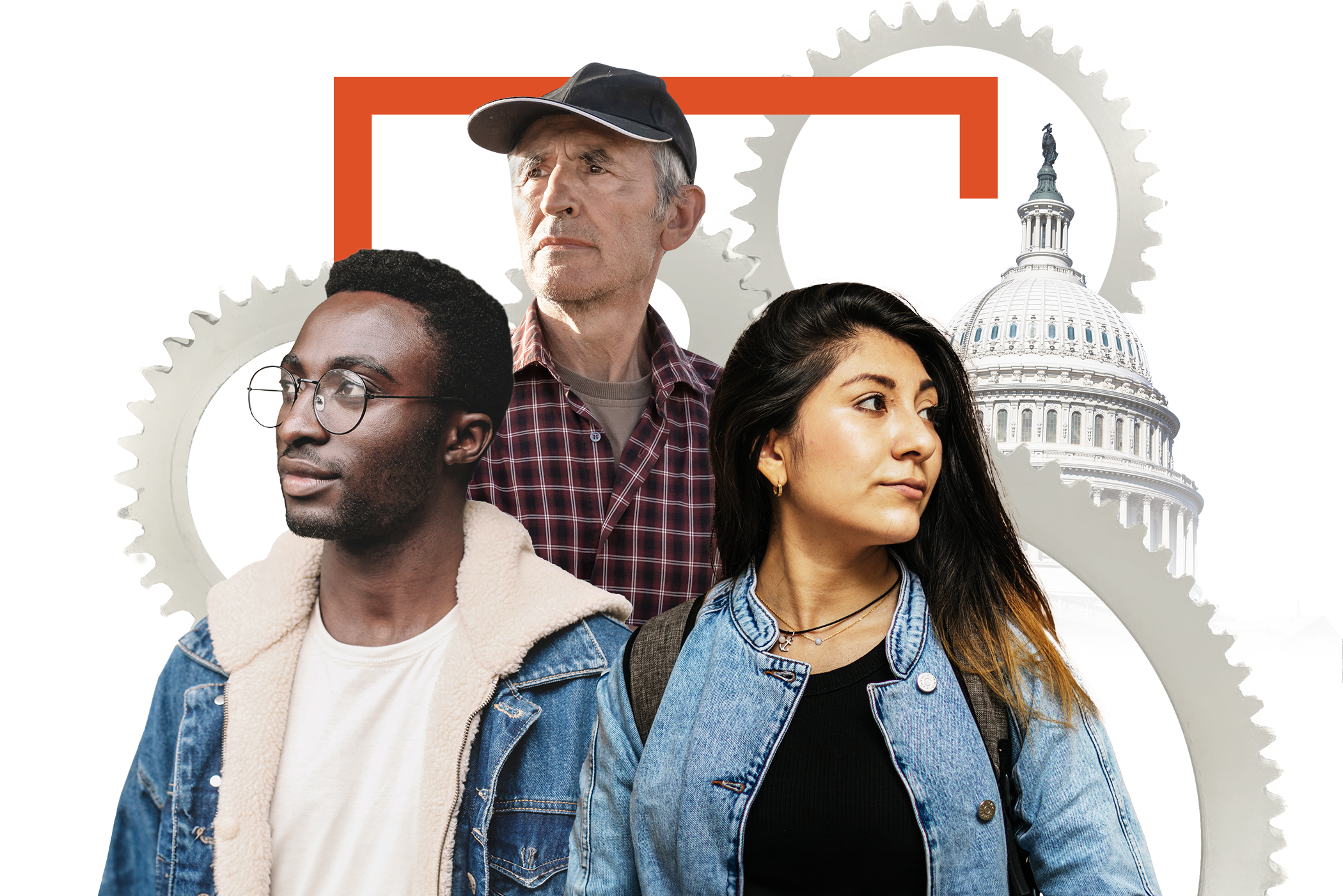Investigating Trends in American Culture
Is our culture changing? How are our mindsets shifting in the midst of so much upheaval—if at all? What might this mean for how we communicate about important social issues?

About the Culture Change Project
The Culture Change Project is an ongoing investigation designed to uncover whether and how social and political turmoil is leading to shifts in the ways that Americans think about and make sense of the world.
Historically, times of great upheaval have given rise to significant cultural changes—for instance, the Great Depression, or in the aftermath of the September 11th attacks. In 2020, as a global pandemic shook the world, racial justice uprisings became widely publicized, and a contentious election and subsequent insurrection raised questions about the state of American democracy, the FrameWorks Institute began investigating if and how similar shifts are taking place today.
Through a combination of focus groups, in-depth interviews, and a first-of-its-kind nationally representative culture tracking survey, we have been monitoring changes in the foundational mindsets that shape Americans’ thinking about our society as a whole (such as individualism and fatalism), as well as specific mindsets about issues like democracy, the political system, race, gender, health, and the economy. Data show that thinking is shifting in important ways.

Webinar Series
Navigating Public Thinking about Democracy
We will be hosting monthly briefings with insights from our latest research into how Americans are thinking about democracy, our political system, and the Constitution—and what that means for those of us working to counter authoritarian threats and strengthen our democracy.
